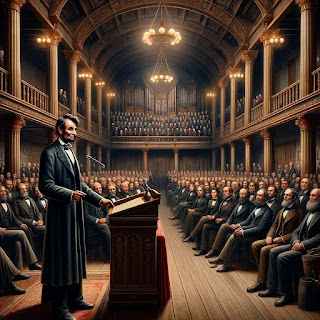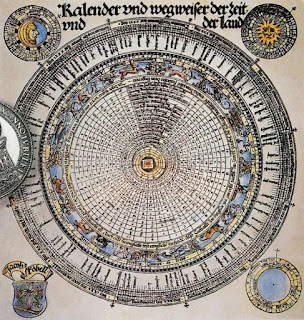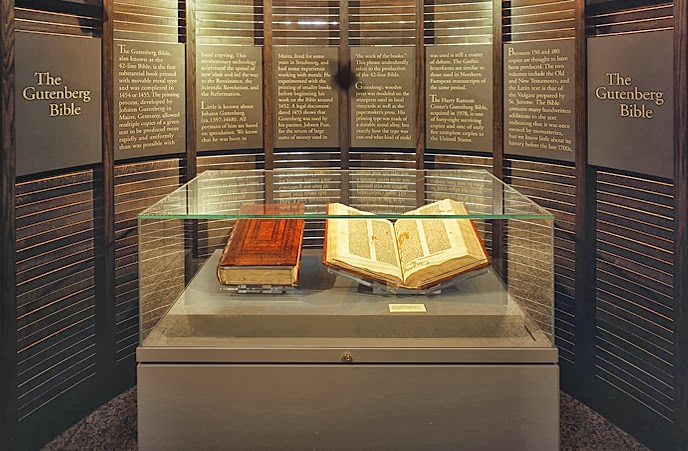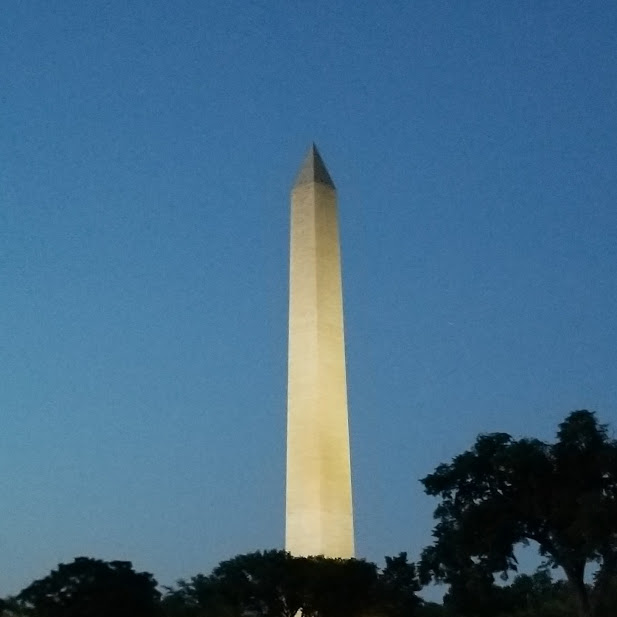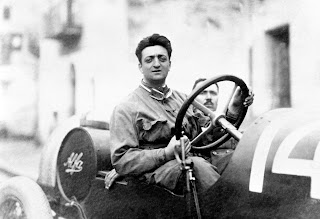The Legacy of Yellowstone: The Birth of the World's First National Park
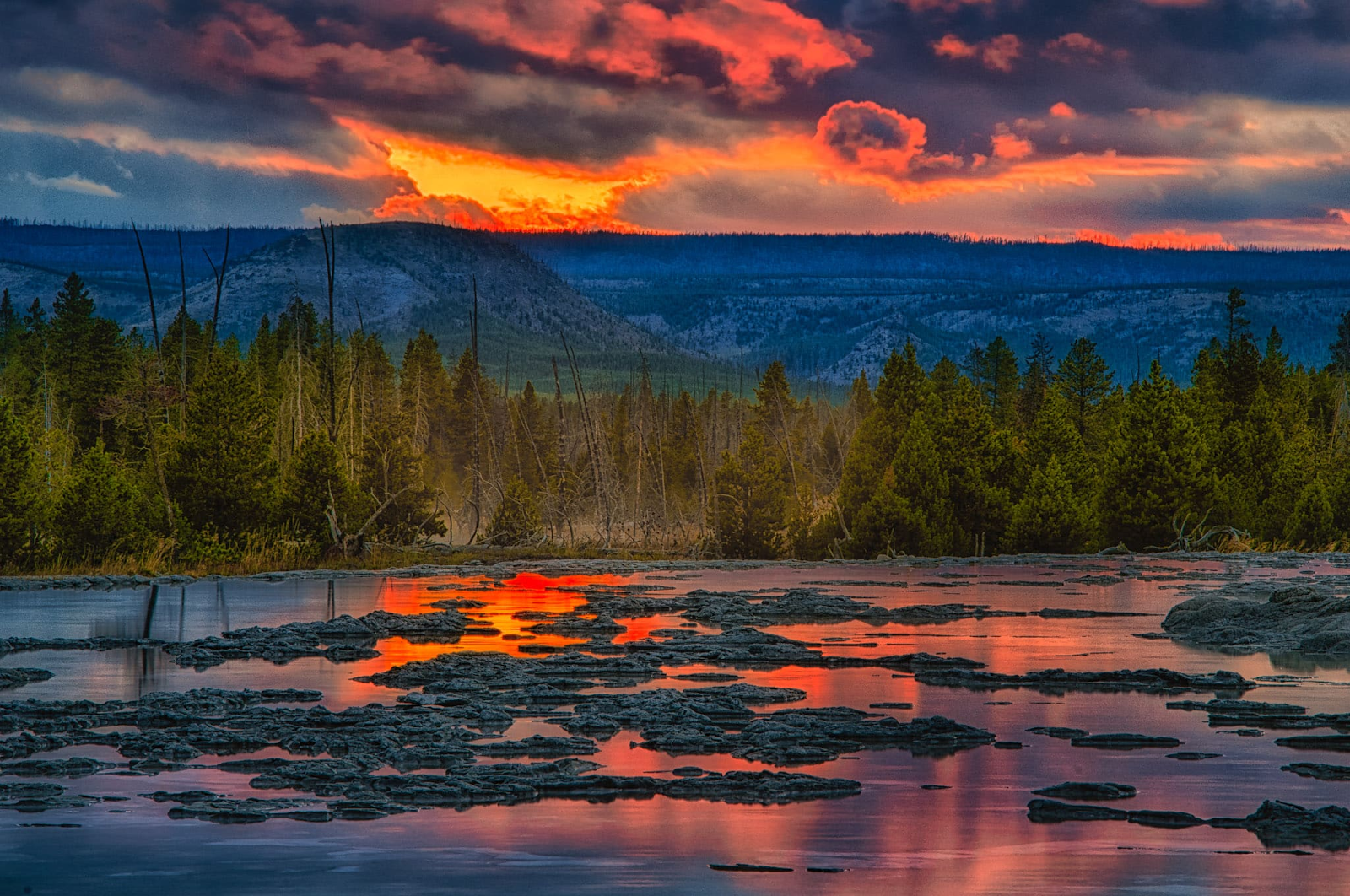
Nestled amidst the rugged beauty of the American West, Yellowstone National Park shines as a jewel of natural wonder. Its inception on March 1, 1872, marks a revolutionary moment in the annals of conservation. This sprawling sanctuary, the first of its kind in the world, was born from a vision of safeguarding nature’s majesty for posterity, a dream made reality through the foresight of the United States Congress and the signature of President Ulysses S. Grant. Its creation set a global precedent for protecting natural beauty and ignited a worldwide movement dedicated to conserving wilderness areas. Long before it was mapped by European Americans, the Yellowstone region was a revered landscape woven into the fabric of numerous Native American tribes' cultures for thousands of years. The first whispers of its wonders reaching the wider world came from intrepid explorers like John Colter, whose early 19th-century accounts painted a picture of a fantastical land called "Colter...

